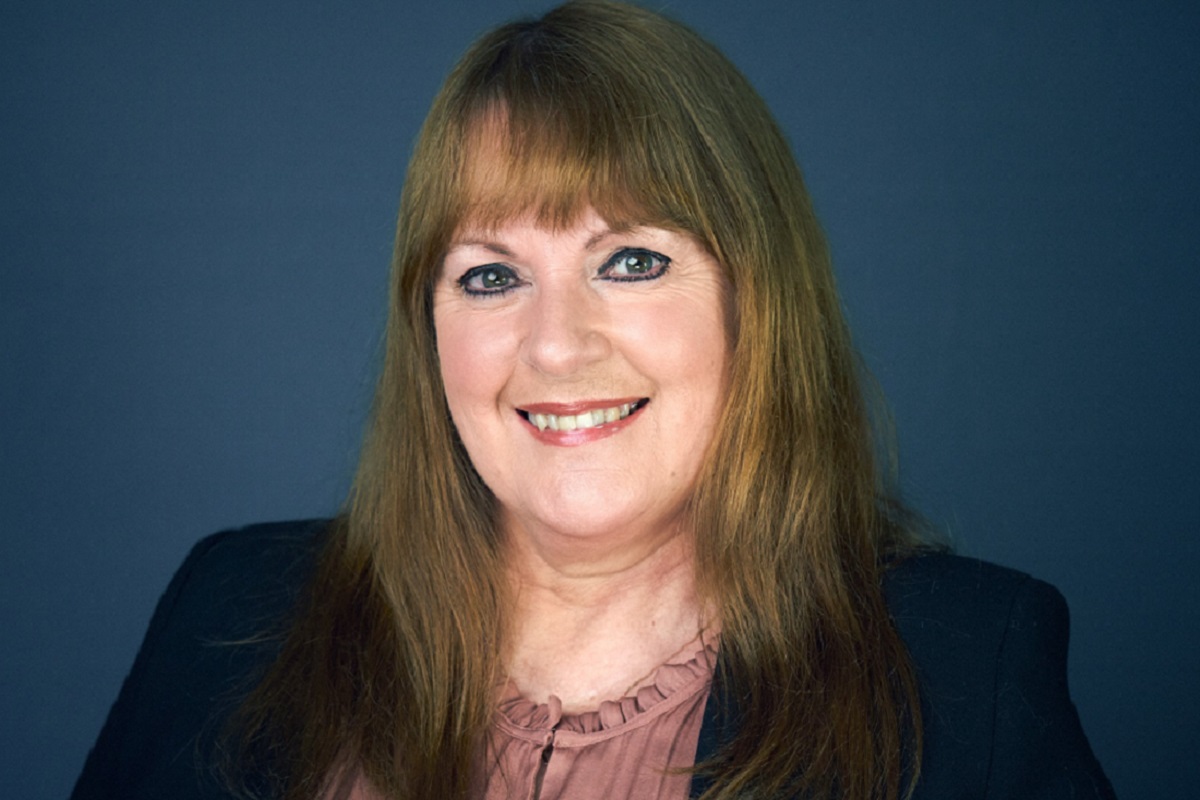The Pet Food Industry Association of Australia’s (PFIAA) number one priority is the safety and wellbeing of Australia’s 29 million pets, and it has been working hard over the past year to ensure pet food standards are being met.
Carolyn Macgill, Executive Manager at the PFIAA, said they strongly believe all pets should have access to safe, high-quality nutrition, while all pet owners should trust the pet food they purchase.
“Consumers want regulation. Animal welfare groups want regulation. PFIAA members want regulation. The PFIAA believes it is time all state and territory governments agree to a model of regulation that delivers the regulatory oversight expected by consumers but is currently missing in Australia. We believe the whole industry would benefit from regulation, even those pet food businesses which are not members.”
In 2018, the Department of Agriculture, Fisheries and Forestry (DAFF) released a Senate Report into pet food and one of the commitments by government was to set up a Pet Food Review Committee to address the issues raised with consideration of potential regulation.
“The Review Report was released requiring a cost benefit analysis to assist state and territory ministers in their decision to introduce pet food regulation and to consider a regulatory model.”
While mid-year, the review of the Australian Standard AS5812, managed by Standards Australia, commenced, with the review including a range of stakeholders all seeking better pet food safety outcomes, and featured proposed changes that align more closely with the Food Standard Code that regulates human food.
“The PFIAA will continue to focus on the review of the Australian Standard in the coming year. Stakeholders, who include the PFIAA, governments, the AVA, RSPCA, consumer advocates and others, are working towards a best practice outcome to support pet food safety and future regulation.”
Macgill said that the updated standard provides an opportunity for states and territories to establish regulation for all pet food manufacturers and importers supporting pet food safety outcomes, but the challenge is helping governments see that our cats and dogs’ health and nutrition are as important as our other family members.
“Now is the time to have an industry voice and contribute to the future. PFIAA members, small and large share their experience guaranteeing we represent their position. Members have up to date knowledge on changes, nationally through our Working Groups and globally through our representation on the Global Alliance of Pet Food Associations (GAPFA).
“The PFIAA Working Groups have a breadth of talent covering both small and large memberships, all food types, sector specialists, scientists, veterinarians, and subject matter specialists. This access to industry specialists provides an opportunity to continue to support consumer education.”
This article was originally published in the Nov-Jan issue of Pet Industry News.
To stay up to date on the latest industry headlines, sign up to the Pet Industry News e-newsletter.

